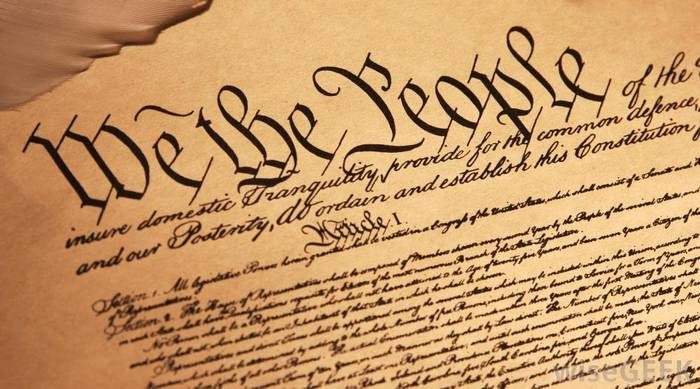I feel increasingly like an abolitionist or anti-slavery politician around 1800 living in Monticello. Mainstream culture looks and sounds like Thomas Jefferson: He said some of the most important words in history on liberty and freedom. He knew how wrong slavery was. He knew owning people corrupted him. He knew he was violating his own values. Likewise, we all say we don’t want to drive a system that hurts and[…] Keep reading →
You’re lying to yourself if you believe we can ramp up wind and solar to replace fossil fuels and stop using them
on June 5, 2025 in Models, NatureWe have never decreased using any fuels. When we find new energy sources, we use the old one and the new one. Our plans to increase solar and wind have nothing to do with lowering fossil fuel use. This ordering doesn’t work: The only ordering which can work: (Though, according to Adam Smith and the US founders, we don’t need to create new energy sources to create the most opulent[…] Keep reading →
Polluting and depleting are not examples of the Tragedy of the Commons
on June 4, 2025 in Models, NatureYou probably know about the effect called the tragedy of the commons. The classic case is shepherds and a common grassy area. If each lets their sheep graze so they consume grass as fast as it grows, then each has the incentive to graze more, privatizing the extra profit while everyone else loses a smaller amount, but if all do it, everyone loses. Here is Wikipedia’s definition: The tragedy of[…] Keep reading →
Is Artificial Intelligence More a Weapon Than a Tool?
on June 2, 2025 in ModelsThere’s a pattern in systems called an arms race, where two or more parties get stuck, each compelled to advance its military. When one does, all the others have to follow or risk being attacked or taken over. The pattern happens in other areas, but arms and the military is the prototypical example. We’re all familiar with how this systemic pattern played out in the cold war, for example contributing[…] Keep reading →
How the liberation of living more sustainably feels
on May 26, 2025 in Freedom, Models, Perception, VisualizationWant to know what living more sustainably feels like? Our culture is so dependent and addicted to things like takeout, cars, and flying that pollution and depletion enable, we forget that using them destroys life, liberty, and property. We don’t notice that our government benefits and grows in money and power from licensing and promoting one of its few core responsibilities nearly everyone agrees on. We don’t notice that they[…] Keep reading →
Nearly everyone missed the biggest problem with nuclear and fusion, but it’s huge.
on May 20, 2025 in Models, NatureI wrote this letter to the editor of the New Yorker. It’s been long enough that I doubt they’ll print it, but I wanted to share my thoughts. Using nuclear and, if it ever works, fusion today is like someone in the 1950s throwing a plastic plate into the ocean, figuring, “The ocean is so big and the plate is so small, what difference could it make even if everyone[…] Keep reading →
Would you ask a plantation owner in 1855 for advice how to abolish slavery? Why ask polluters today how to stop pollution?
on May 13, 2025 in ModelsWould you expect a plantation owner to have any idea how to abolish slavery? They would be the last people to ask to make a strategy for ending the practice providing their livelihoods and wealth. To ask a plantation owner to end slavery is to ask them how to give up everything they feel they own. They’d risk vengeance from the people they freed. They’d have to acknowledge their actions[…] Keep reading →
A definition of sustainability I’m testing
on April 26, 2025 in ModelsPeople sometimes ask me my definition of sustainability. Usually I say something about maintaining earth’s ability to sustain life. Because we humans depend on other life, maintaining earth’s ability to sustain life means its ability to sustain human life too. I like lots of life, but I like human life especially. I’m testing a new definition of sustainability: To be able to live without taking or harming others’ life, liberty,[…] Keep reading →
Democrats and Republicans are dancing together on sustainability for their mutual benefit, avoiding action, rallying their bases
on April 9, 2025 in Leadership, Models, Nature, RelationshipsA brief political history of sustainability [If you’ve watched my Short Course on Sustainability Leadership, you’ll recognize the following from my session on the political opportunities. I’m putting only the main points here. I’ll develop it more in a future post. I wanted to start writing. If you haven’t watched the course, I think you’ll find it one of the most important resources on our culture, the environment, sustainability, and[…] Keep reading →








